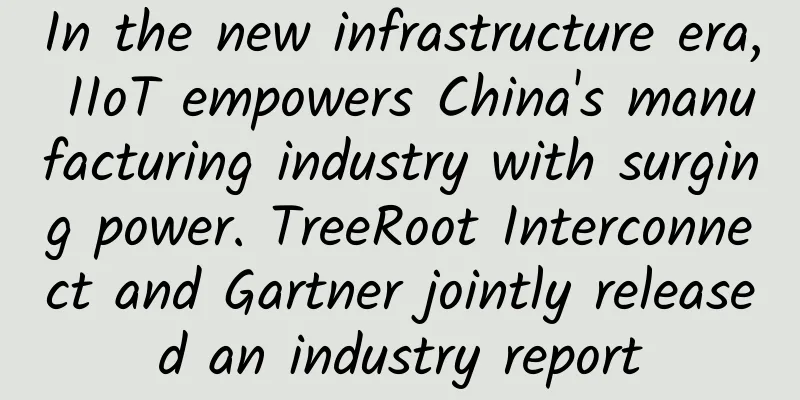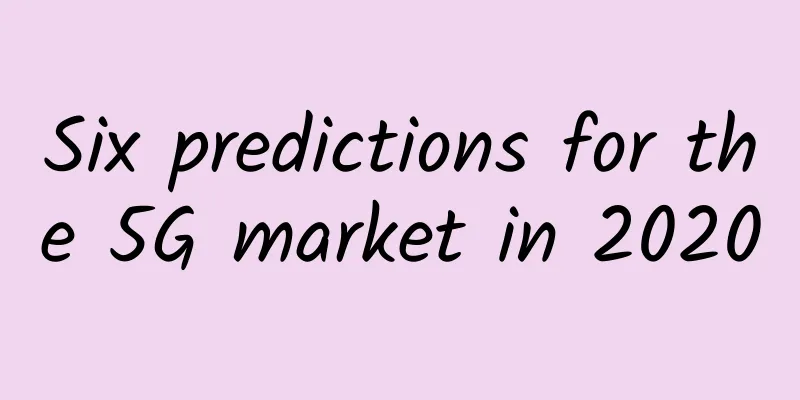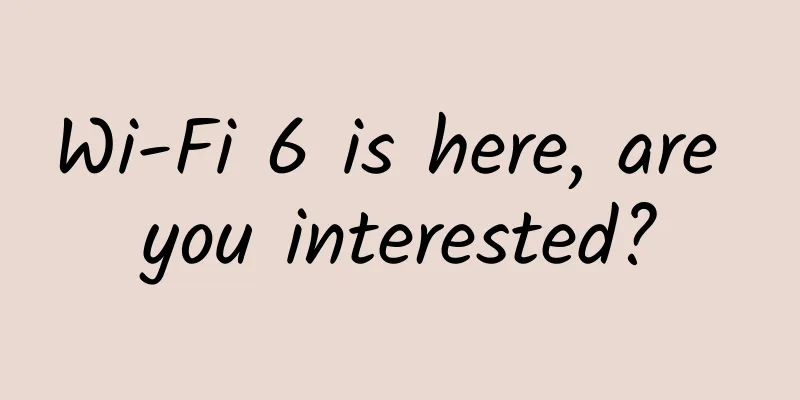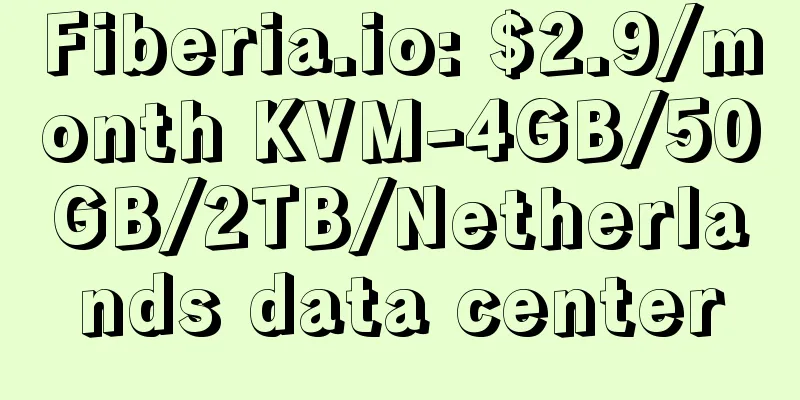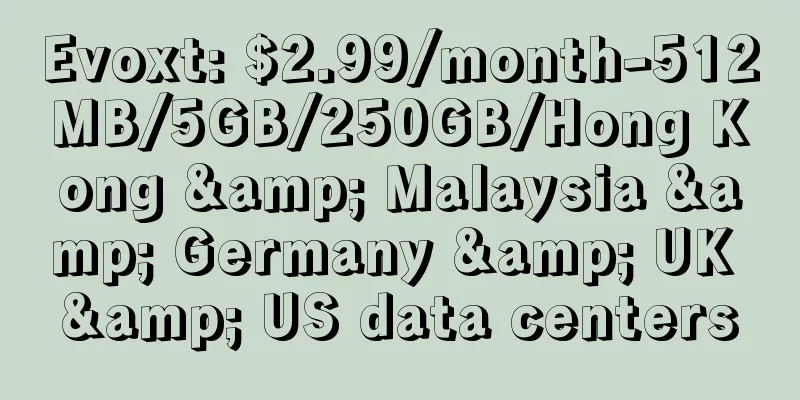5G packages in various countries are ridiculously expensive! How is 5G priced in my country?
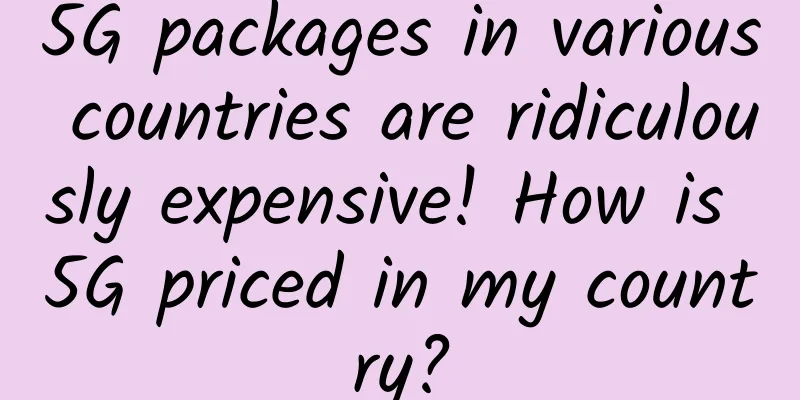
|
In 2019, 5G communication technology gradually began to take off. According to incomplete statistics, there are currently 211 mobile operators in 87 countries and regions around the world investing in 5G, among which operators in South Korea, the United States, the United Kingdom, Germany and other countries have announced 5G package standards. So, what is the tendency of my country's three major operators regarding the charging of 5G packages? Will they stay high or drop to "cabbage prices"? Are the 5G package charges in various countries shocking? According to GSMA's forecast, 5G networks will cover nearly one-third of the world's population by 2025. By then, the number of 5G connections will exceed 1.1 billion. Currently, the United States, South Korea, Germany, Switzerland, Italy, the United Kingdom, the United Arab Emirates, Spain and Kuwait have all begun to provide 5G commercial services. 1. South Korea South Korea is one of the first countries in the world to launch 5G network commercial services. SK, South Korea's largest telecom operator, offers four types of 5G packages: 8GB data package for 55,000 won (about RMB 325), 150GB data package for 75,000 won (about RMB 444), 200GB data package for 95,000 won (about RMB 562), and 300GB data package for 125,000 won (about RMB 739). (Photo source: Internet) The 5G packages of LG Uplus, another South Korean operator, are expected to be priced at 55,000 won (about 322 yuan) for a 9GB data package, 75,000 won (about 439 yuan) for a 150GB data package, and 95,000 won (about 556 yuan) for a 250GB data package. 2. United States Verizon, an American operator, has also announced 5G package rates. Although there is no limit on traffic, there are controls on viewing content. Currently, the 5G packages in the United States are also divided into three levels. The first level, $85/month (about RMB 571), can only watch 480p videos smoothly. The second level, $95/month (about RMB 638), can watch 720p videos smoothly, and enjoy 22GB of unlimited traffic per month. The third level, $105/month (about RMB 706), has unlimited traffic, but can only share hotspots under 4G networks, the sharing size is limited to 75GB, and the fastest network speed can reach 625MB/s. 3. Germany Recently, Deutsche Telekom announced that it will launch a 5G network contract in the German market. According to Deutsche Telekom's website, the price of a 5G package with unlimited traffic per month is about 84.95 euros (about 657 yuan), and it is bundled with Samsung S10 5G for sale. According to the description, the fastest download speed of this package can reach 300Mbit/s, and the fastest upload speed can reach 50Mbit/s. The contract period is 24 months. If the contract is not terminated in time before the expiration (termination 3 months in advance), the contract will be automatically extended for 12 months. Deutsche Telekom also offers a second 5G package, which is bundled with the HTC 5G Hub for sale, with a total price of 555.55 euros (about 4,298 yuan), a monthly fee of 74.95 euros (about 581 yuan), and an uplink rate of 50Mbit/s. 4. United Kingdom Vodafone's 5G packages in the UK are divided into three levels, namely 23 pounds, 26 pounds and 30 pounds per month. Among them, the 23 euro level (about 198.5 yuan) has a maximum speed of 2Mbps, which seems to be far behind 4G; the 26 pounds level (about 224.4 yuan) has a maximum speed of 10Mbps; the 30 pounds level (about 258.9 yuan) has a lower speed limit, but it is only around 150-250Mbps, which is not enough to make people expect more speed. (Photo source: Internet) 5. Australia Optus and Telstra in Australia have also begun to provide commercial 5G services. Optus offers a 5G commercial package with unlimited data for $70 (about 482 yuan) per month. Telstra customers who use high-end packages (the threshold is about 600 yuan) can enjoy a year of free 5G network.
Judging from the 5G tariffs in various countries, the prices are generally high, and netizens say they can't afford it. Compared with the high price of 5G packages abroad, we are more concerned about the price of 5G packages in China. According to the 5G development timetable given by the three major operators, some key cities can conduct 5G trial commercial use in advance in the third quarter of 2019, and 5G network will cover the whole country before the end of 2020. Domestic operators' 5G tariffs start high and end low? At present, my country's three major operators have not announced the price of 5G packages, but as key cities realize 5G commercial services, the price of 5G packages is about to be announced. Before this, the three major operators have actually made some relevant statements: "5G charges will not be expensive and everyone can afford it." 1. China Mobile China Mobile's 5G test unified package was previously leaked. The package includes 200G traffic/month, 1,000 minutes of voice calls/month, and 100 text messages/month, but the specific rates have not yet been announced. Jian Qin, vice president of China Mobile, said that in the 5G era, China Mobile will change the 4G charging model that mainly charges based on a single dimension of traffic, and provide multi-dimensional, multi-dimensional, and multi-mode billing, thereby promoting the application of 5G in a wider range and more fields in all aspects and realizing greater value of 5G. 2. China Telecom Gao Tongqing, deputy general manager of China Telecom, also expressed his views on the tariff issue in the 5G era. He said that the Internet tariff in the 4G era is no longer suitable for 5G, and the charging standards for the 5G era are under study. He believes that the 5G era should use 10GB as the measurement standard, and the price should be less than 10 yuan or even lower. At the same time, China Telecom said that 5G development should attach great importance to user experience and package handling should be convenient. 5G packages will provide multi-dimensional and multi-level billing models based on different application scenarios and different user needs. These packages are currently being designed. 3. China Unicom China Unicom's initial plan is that for the consumer market, the 5G charging model will be both a continuation and an innovation of 4G products. Traffic is one of the important factors to be considered, and new charging models will be studied based on the technical characteristics of 5G services. For the government and enterprise customer market, 5G services will be more personalized and scenario-based in combination with network construction. It is expected that a diversified charging model based on scenarios will be launched according to customer needs and one customer one policy. Zhang Yunyong, director of China Unicom Research Institute, said that although 5G charges have not yet been finalized, one thing is certain: they will definitely not be more expensive than 4G. Regarding the 5G package pricing model, the three major operators in my country have basically the same ideas. In terms of price, the three major operators also guarantee that the unit price of 5G is lower than that of 4G. As for when to launch 5G packages, none of the three operators has given a specific time. (Photo source: Internet) According to a report released by the China Academy of Information and Communications Technology, it is estimated that during the period from 2020 to 2025, the commercial use of 5G in my country will directly drive a total economic output of 10.6 trillion yuan, directly create an economic added value of 3.3 trillion yuan, and indirectly drive a total economic output of about 24.8 trillion yuan, and indirectly drive an economic added value of 8.4 trillion yuan. Facing the big cake of 5G, how to tap its value is crucial for operators. Conclusion The arrival of 5G is both an opportunity and a challenge. The problem faced by 5G commercialization is the balance of interests between operators and users. Every time communication technology evolves, the initial price will be relatively high, and will gradually decrease as the network develops. In the evolution from the initial stage to the mature stage of the 3G era, the data traffic charges dropped by 70%; in the evolution from the initial stage to the mature stage of 4G, the data traffic charges dropped by 99%. Obviously, 5G charges will continue to show this trend of gradual decline. |
<<: The three kings of wireless communications, who can manage tens of billions of IoT devices?
>>: How do operators grasp the pulse of the cloud computing market in the 5G era?
Recommend
Gartner Releases: Top Ten Wireless Technology Development Trends
Wi-Fi will continue to dominate the industry over...
Telecom operators tighten cloud sovereignty and no longer want to be the big guys behind the scenes
"Carrier cloud" represented by China Te...
Akamai launches first NFT artwork to visualize Internet activity
May 25, 2022 - Akamai Technologies, Inc. (NASDAQ:...
HostDare 60% off, Los Angeles VPS from $10 per year, Asia optimized line VPS from $17 per year
HostDare recently offered a 40% discount code for...
Why is CDN designed this way?
Over the past few decades, computer networks have...
How 5G helps IoT in healthcare
At a time when demand for healthcare services is ...
The first batch of commercial 5G networks may not even be able to make phone calls?
01.Everyone is paying attention to the 5G Interne...
Does 5G millimeter wave technology pave the way for the next stage of connectivity?
In the rapidly developing digital age, the scope ...
Will the next 5G data package be an “unlimited data package”?
In the past two years, 4G unlimited data packages...
India's 5G spectrum auction is imminent, but telecom operators are not responding
According to India's Economic Times, the Indi...
Fairytale Town: $4.19/month KVM-1GB/10G SSD/1TB/Japan Data Center
Fairytale Town is a Chinese hosting company estab...
GSA: Global 5G user numbers doubled in Q2, LTE market to decline from 2023
Nearly 800 million of these LTE subscriptions wer...
5G industry terminals are launched! 519 5G terminals, 303 of which are commercially available
[[387356]] For the development of each generation...
How to choose communication protocol for IoT terminal devices
At present, most IoT modules on the market suppor...
